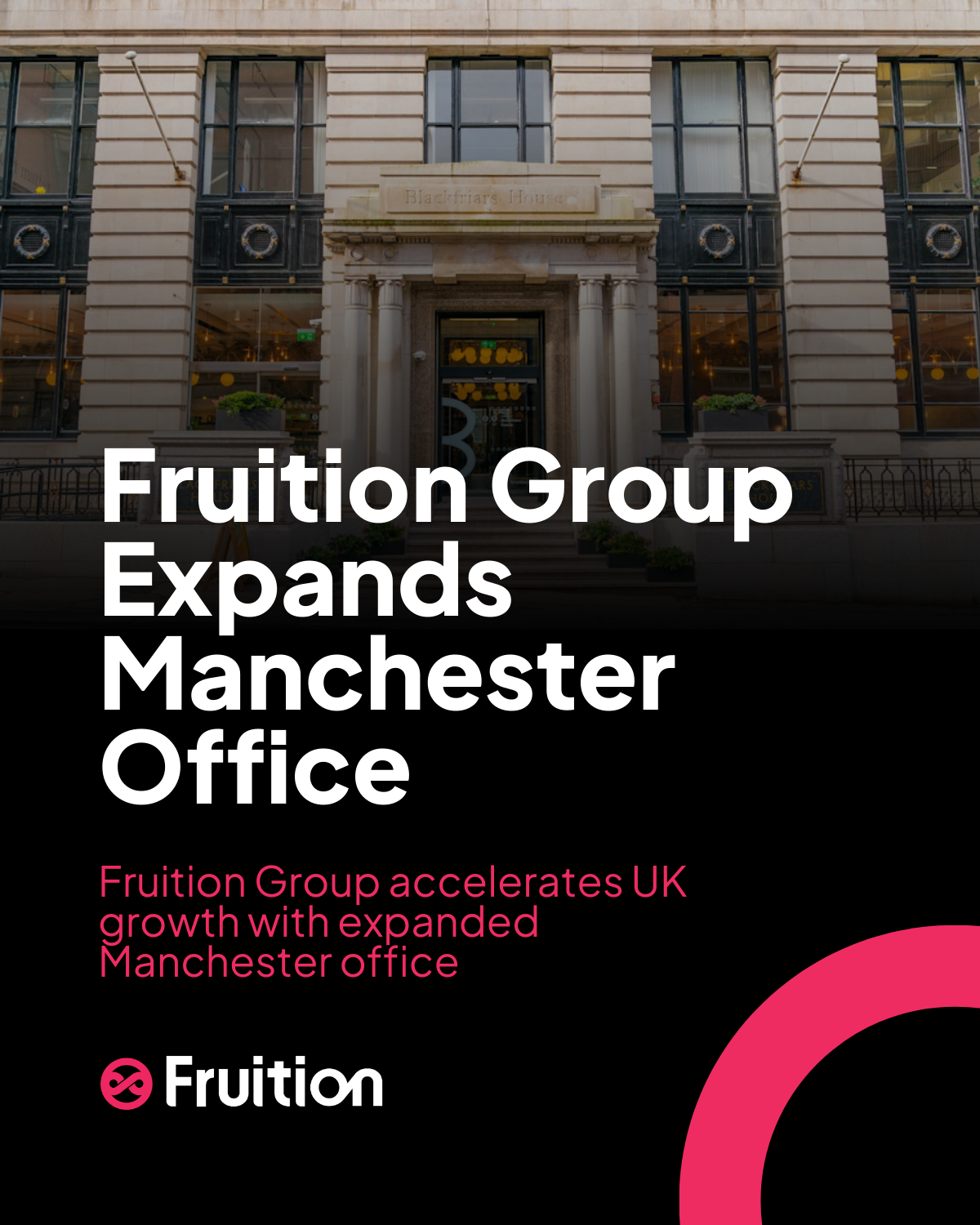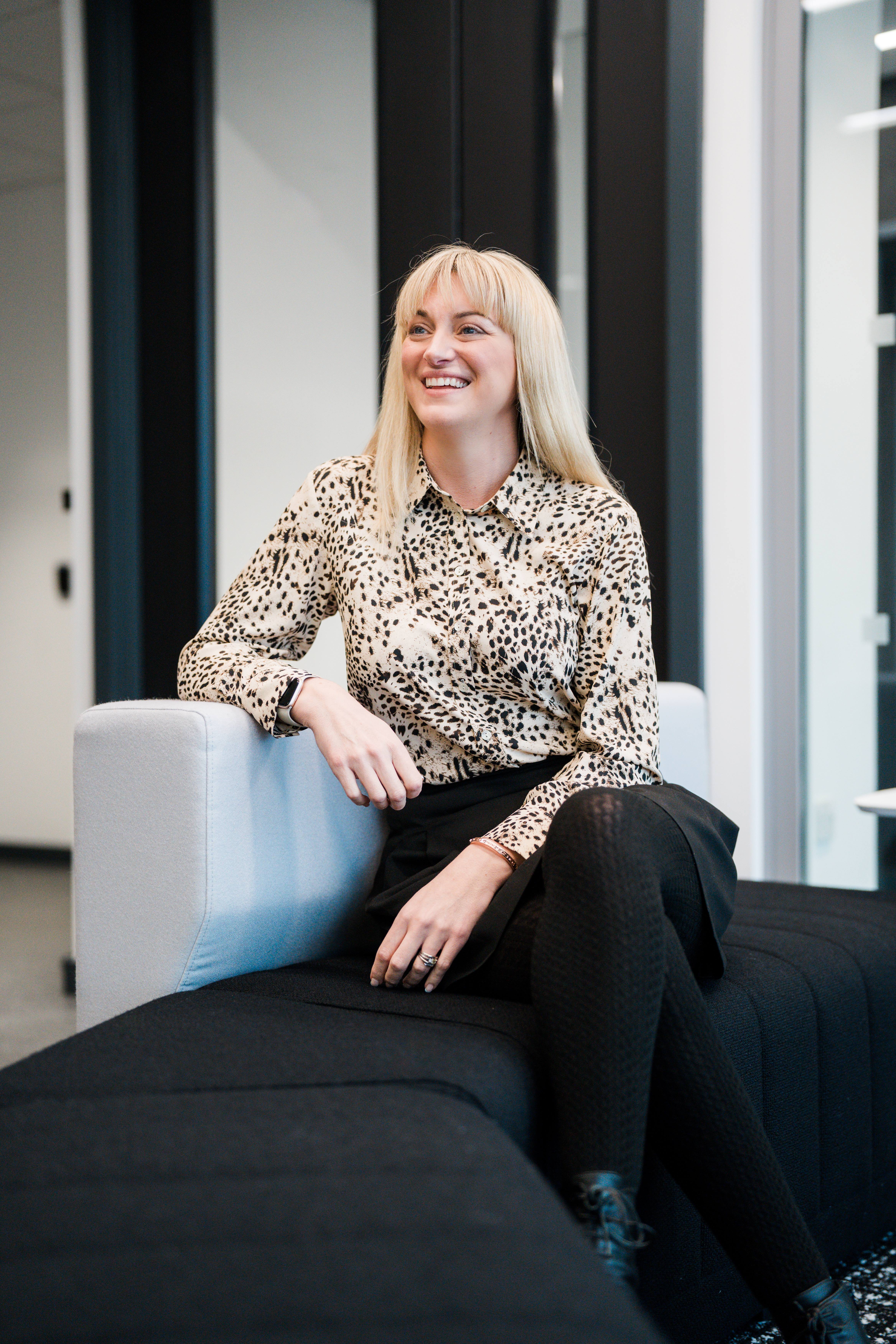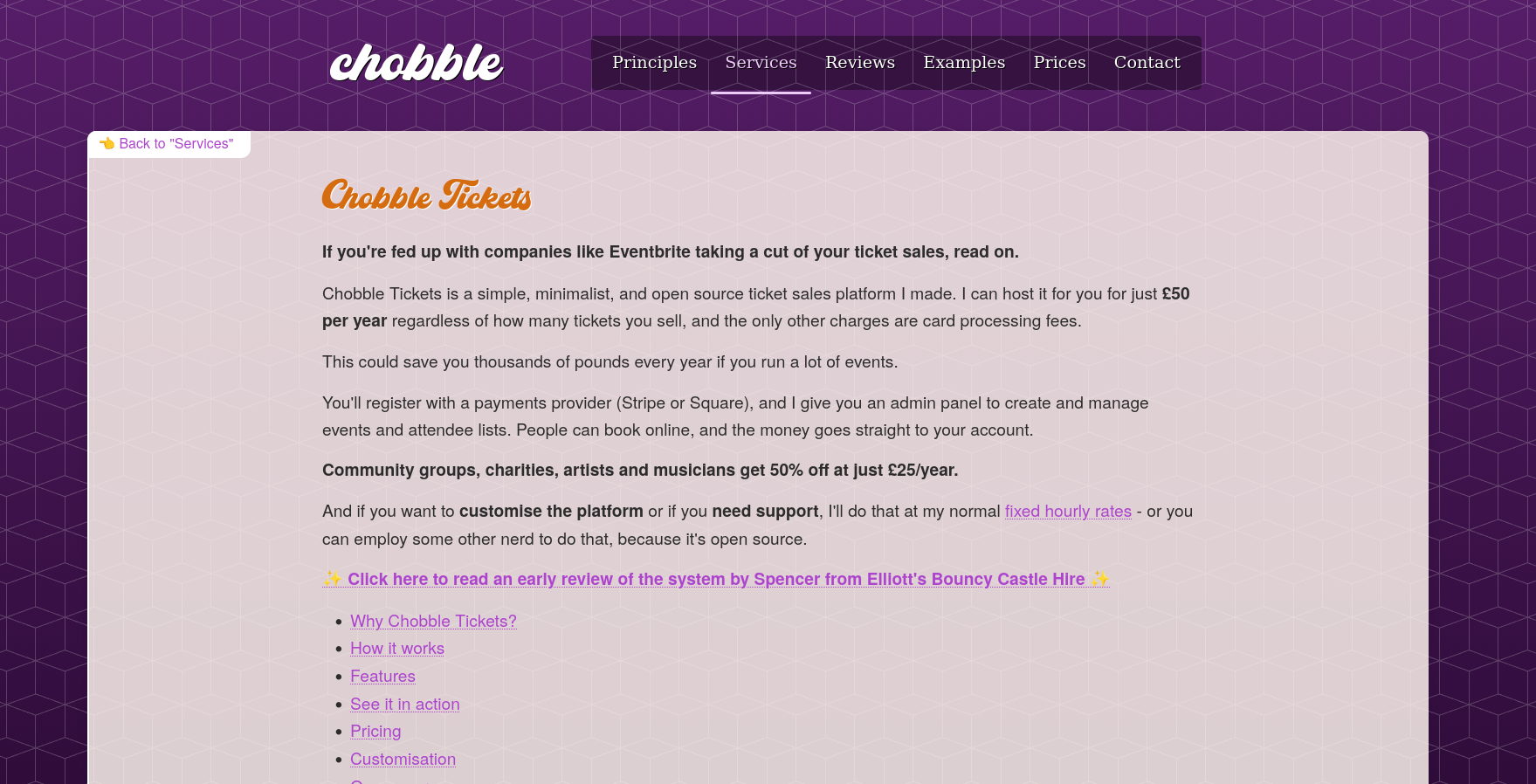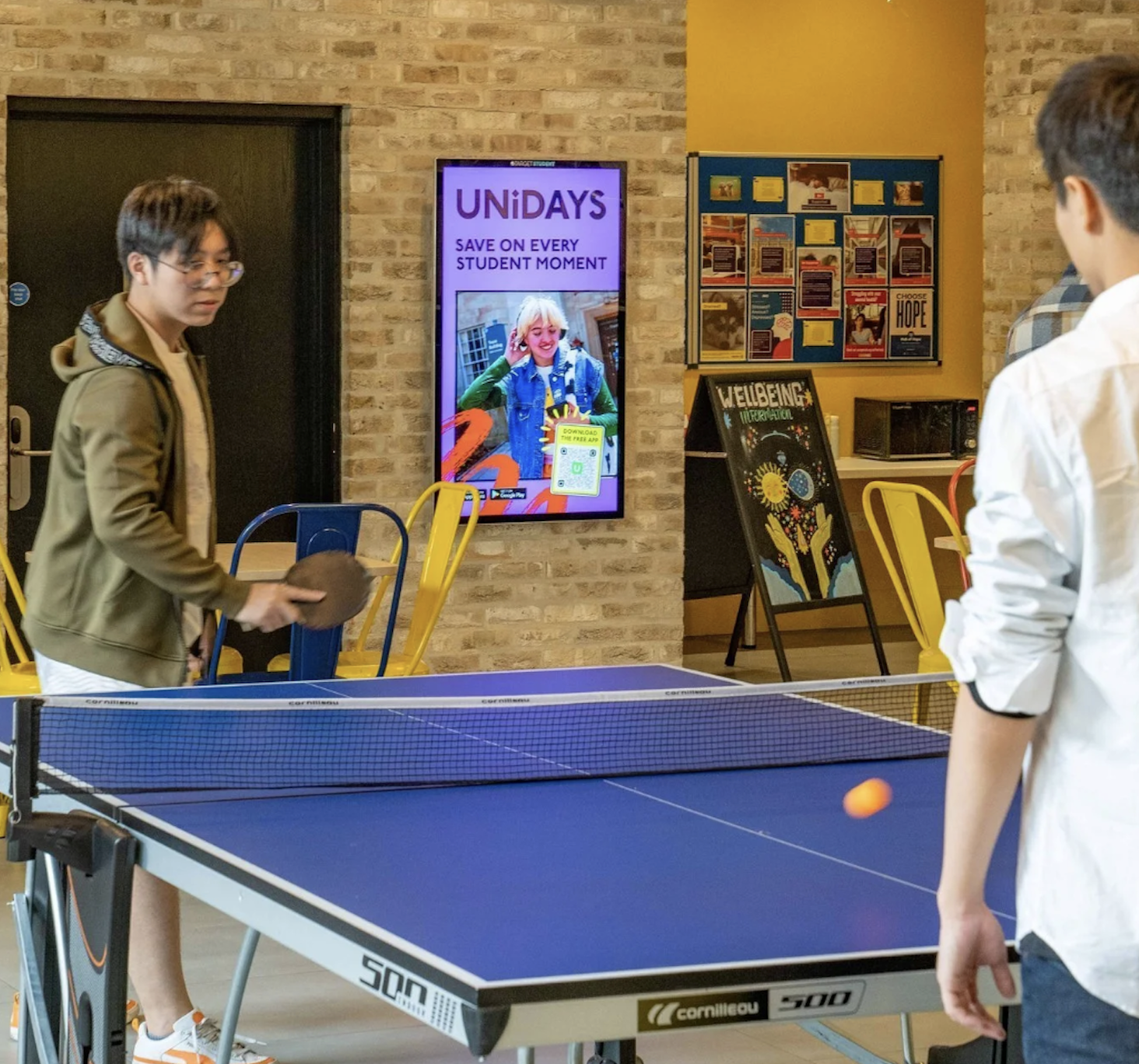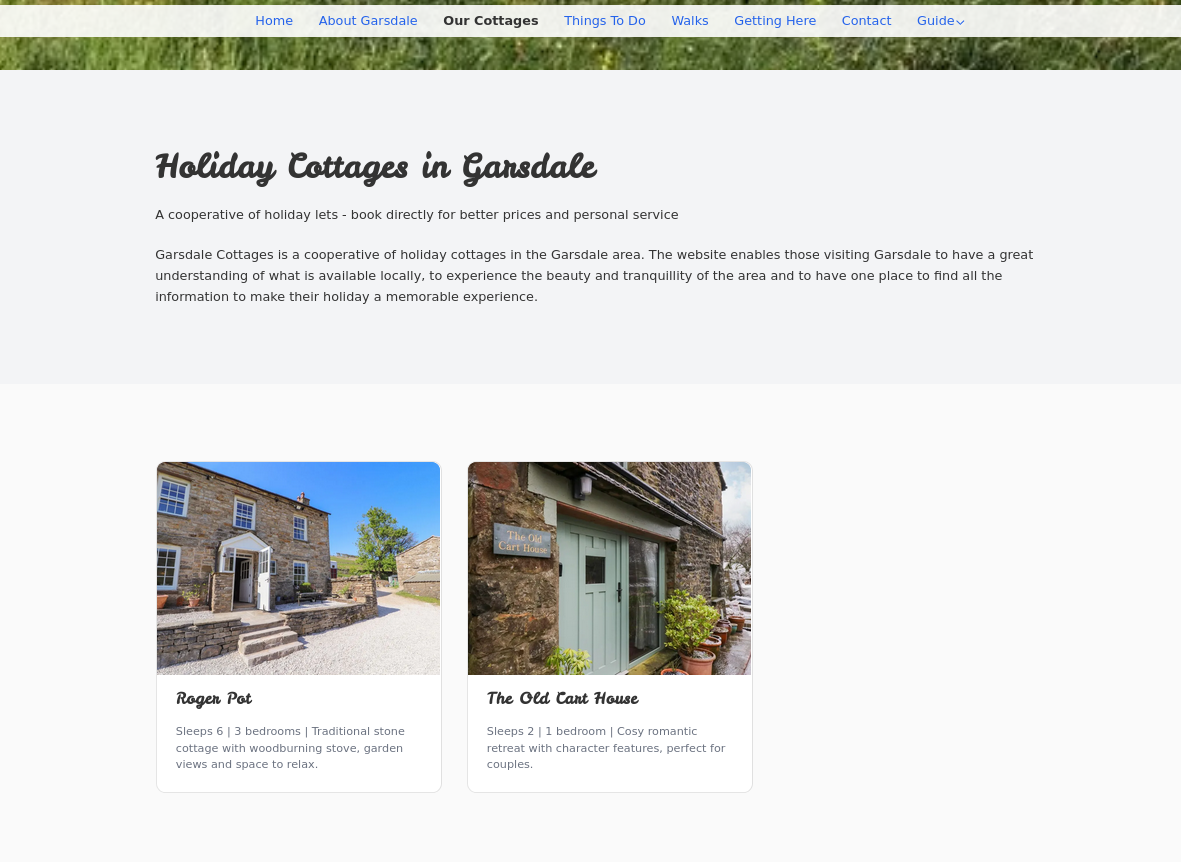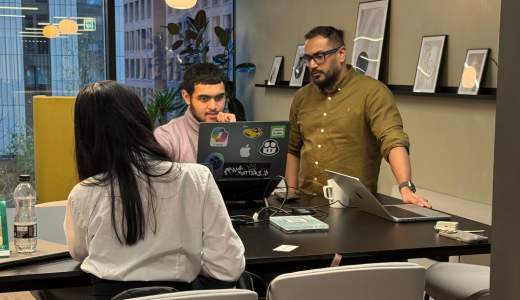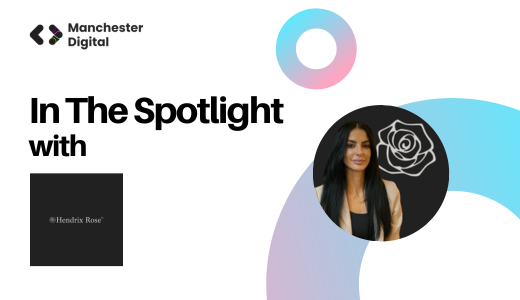Celebrating its 9th year, International Women in Engineering Day is an annual awareness campaign designed to raise the profile of women in engineering and the career opportunities available to women looking to pursue a future in the industry.
Research has found that companies are 15% more likely to have higher performance rates if they’re gender diverse. Despite this, the UK has the lowest percentage of female engineering professionals in Europe - at less than 10%.
However, strides are being made to increase the number of girls taking up STEM subjects from a young age, with a number of campaigns profiling young women as role models to encourage a more diverse workforce. The data suggests that this approach is making a difference, with new research from EngineeringUK stating that women now make up 16.5% of the engineering workforce, compared to 10.5% in 2010.
This year, to celebrate Women in Engineering Day, we chatted to 25 year old Sorsha Elson about her role as a Formula 1 Mechanical Engineer Apprentice, the representation of women in the industry and how social enterprise The Blair Project supported her career ambitions.
Get to know Sorsha Elson
What made you decide to take up a career in mechanical engineering?
I’ve always had an interest in engineering, but I think like many girls growing up, I pushed it to one side thinking I wouldn't be any good. It really became something I looked into when I was a flight attendant. I’ve always loved aircraft and talking to the pilots and engineers at work everyday really was an eye opener.
How did you feel when you got your apprenticeship at Formula One?
I can’t really describe how I felt, I don’t think it actually sunk in until I got the training association in Southampton three weeks after I found out. I remember being in disbelief that I had managed to do it. It felt like a reward after years of struggling with a career decision.
What support did you get from The Blair Project to get your role? Did you face any challenges along the way?
From the very start, The Blair Project was so helpful, positive and supportive. I am so happy I started my journey with them and the part they’ve played in shaping my career.
I would definitely say the pace that we work at is challenging. We are trying to cram two years of studying for a qualification into one year so that we can get to work straight away. It’s been months and months of hard work, but I really wouldn't change it.
What does your role look like day-to-day?
My average week starts in the workshop. We change rotations every 4 weeks, so currently I am learning TIG welding. Tuesday and Wednesday is the day we have for our theory contributing to our qualification and then back in the workshop for the rest of the week.
Did you have any role models growing up? If so, who and why?
I had loads of people I would say I idolised, for example Beyonce, who I know is cliché but the way she expressed herself in her music really gave me a lot of confidence when I needed it the most. The empowerment that she gives to women, especially women of colour is so so important to hear.
And of course, I truly believe I would not be where I am without Sir Lewis Hamilton. What he has done in terms of not only breaking records, but also using his platform so dutifully, while being the only Black driver on the grid, is awe inspiring to me. There are days where his words and his positivity through social media really motivates me. What he has achieved in F1 is incredible, and him being the closest representation to me and my family just makes it that more special.
Why do you feel Women in Engineering Day is important?
Men have been at the forefront of research, technology and STEM in general for so long but women can bring in a different perspective. If you want the best of the best you need as many of the smartest people you can find and you’re not going to find that in just one group. You have to open up the talent pool.
Women drive the industry simply just by being there, we just need to be given the opportunity and the time to be utilised in the right way. Not only that, but think about the impact it has on younger children seeing women in areas they believed were just for boys. If girls see from a young age someone they can identify with and see themselves in, you will see more believing that they can achieve it too. There’s currently a shortage of engineers in this country so it’s paramount we give everyone the opportunity to pursue STEM subjects, and that means eradicating bias, stereotypes and exclusivity.
What can we do to encourage more girls to look into STEM careers and what would your advice be to them?
I think it needs to be addressed at younger ages. If I had seen someone like myself at a young age, doing what I’m doing, I would have been more interested in STEM subjects. It’s all about representation. Girls need to see the bright, smart, talented women of all shapes and sizes and ethnicities in the subject because it’s been proven to reinforce that positive belief system.
My advice would be: do not ever let anybody tell you you can’t do something. Work hard, learn all that you can, focus on yourself and don’t worry if you don’t know what you want to do. It took me a long long time to figure this out, even when everyone else seemed to have it all figured out, but you will get there, always believe in yourself.
Based in the Tech Incubator within Circle Square, The Blair Project is underpinned by their ambition to inspire and build the next generation of high tech engineers through electric karting, digital manufacturing and design project based activities in a bid to support more young people into a traineeship or apprenticeship, as well as further/higher education.
Find out more about the Tech Incubator and how Bruntwood SciTech can support your business growth.
